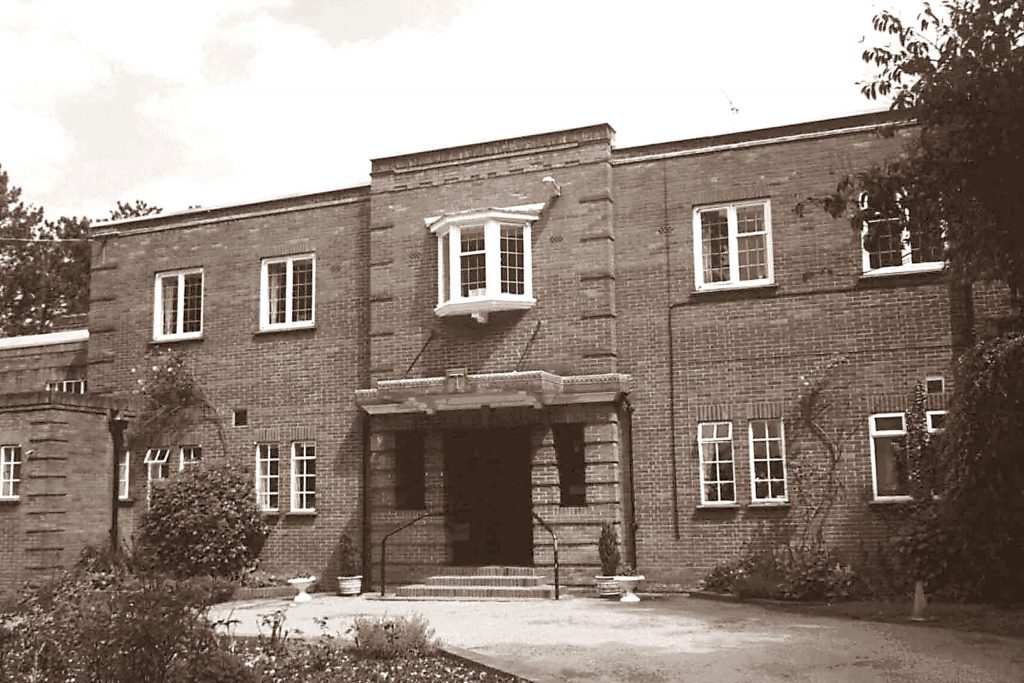With thanks to some inspirational people
When we opened in 1979, we were revolutionary. We launched into a world that knew very little about the special care needs of the dying and those close to them. We gradually made an impact, not only in the provision of this specialist care, but also in its research and education.
The Modern Hospice Movement
Phyllis Tuckwell Hospice is one of the oldest hospices in South-East England. In the 1970s, modern hospices were a new concept: the first modern hospice had opened in the UK just 12 years previously, when former nurse, Dame Cicely Saunders, spearheaded a campaign to create a place where terminally ill patients could find a restful and caring environment away from the hustle and bustle of a hospital.
Her goal was to combine this with the best palliative care that modern medicine could offer: palliative care beginning where curative treatment was no longer possible.
Her belief in the importance of each and every day of a person’s life underpinned her relentless work, and continues to be a cornerstone of the Phyllis Tuckwell philosophy. After Dame Cicely had successfully raised £500,000, in 1967, St Christopher’s Hospice, London, was opened.
Dame Cicely became involved with the creation of many hospices around the world, including Phyllis Tuckwell Hospice where she was Vice President for a period. Today, she is recognised as the chief founder of the modern hospice movement. Dame Cicely was made a Dame of the British Empire in 1980 and awarded the Order of Merit by Her Majesty the Queen in 1989. She died in 2005, aged 87, at St Christopher’s Hospice.
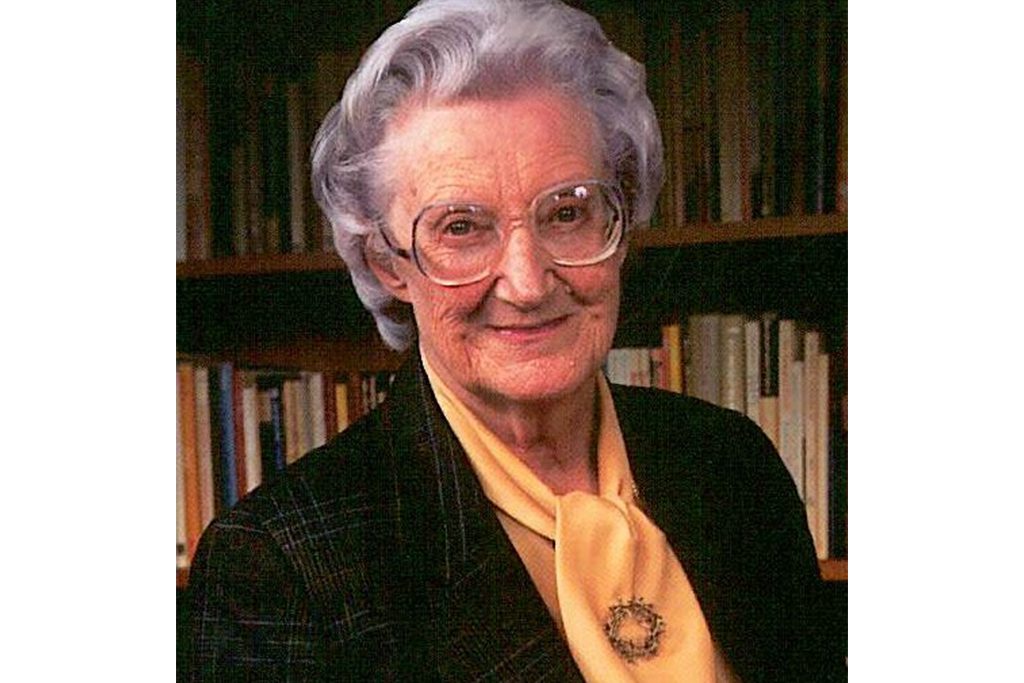
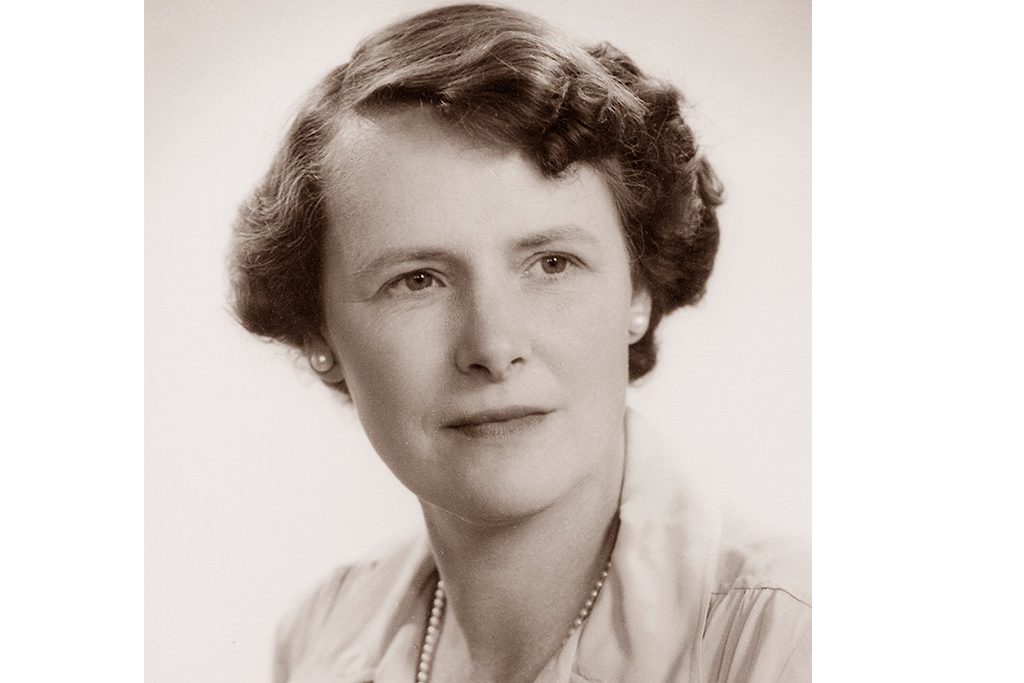
Phyllis Tuckwell was a local mother of three who was diagnosed with cancer in 1949. Her husband, Sir Edward Tuckwell, was an eminent surgeon at St Bartholomew’s Hospital and former Serjeant-Surgeon to Her Majesty the Queen.
Following Phyllis’ death in 1970, Sir Edward resolved to strive for greater choices for terminally ill patients. Combined with some notable forces, including one patient in particular, an ambitious project was embarked upon: to create a modern hospice in West Surrey, to be named after Sir Edward’s late wife.
Originally from Jersey, Yvonne Dale was a Woking-based mother of two. Yvonne was diagnosed with cancer at an early age and, while in hospital and under Sir Edward’s care, Yvonne determined that when she pulled through, she would do all that she could to help her fellow sufferers. With the goal of raising funds for cancer research in the Woking area, Yvonne organised a small fundraising group, originally of housewives.
As part of her work, in 1969, Yvonne requested a meeting with Sir Edward regarding cancer relief. It was at this time that Sir Edward put the suggestion to Yvonne that there was a need for a small home in West Surrey where terminally ill patients could be properly cared for. Yvonne sought advice and encouragement from Dame Cicely, and specific fundraising advice from ex-RAF pilot Leonard Cheshire, the founder of Leonard Cheshire Disability. Leonard and his wife, Sue Ryder, had a vast knowledge of charitable operations and fundraising work. Subsequently, a Steering Committee was formed for the task at hand.
The Committee comprised many skilled members, including Sir Richard Thornton (then Lord Lieutenant of Surrey), doctors, lawyers and cancer specialists. With Yvonne as Honorary Secretary and Sir Edward as President, the Committee’s first meeting was held in the early 1970s. They quickly learned that should they wish to succeed, they would need to raise an estimated £1/4 million.
Yvonne and her team founded the Phyllis Tuckwell Memorial Hospice charity in 1972. A major public appeal was launched in Guildford Cathedral in September of that year, one month before Yvonne died. Her unerring and inspiring dedication to the enormous task never ceased to falter, and she continued to work strenuously until just hours before her early death in October, 1972. At this time, the ‘Dove of Peace’ logo was proffered by a member of the team, Hector Wainwright; it continues to represent the philosophy of Phyllis Tuckwell today.
Turning the Idea into Reality
Inspired by Yvonne’s courage and tenacity, Sir Edward led the Committee of like-minded individuals to raise enough money to realise their dream. Appeals were put out to village groups and City Livery Companies: the enormous task was afoot. It was at this time that lasting connections were forged with many companies, organisations and individuals, including the Worshipful Company of Barbers of London. The Barbers, one of the oldest livery companies of the City of London with records going back to 1308, have roots buried deep within the history of British surgery and medical practice. They continue to support Phyllis Tuckwell today. It was also at this time that Sir Edward teamed up with another of his patients, the then-retired chairman of BAE, Sir George Edwards.
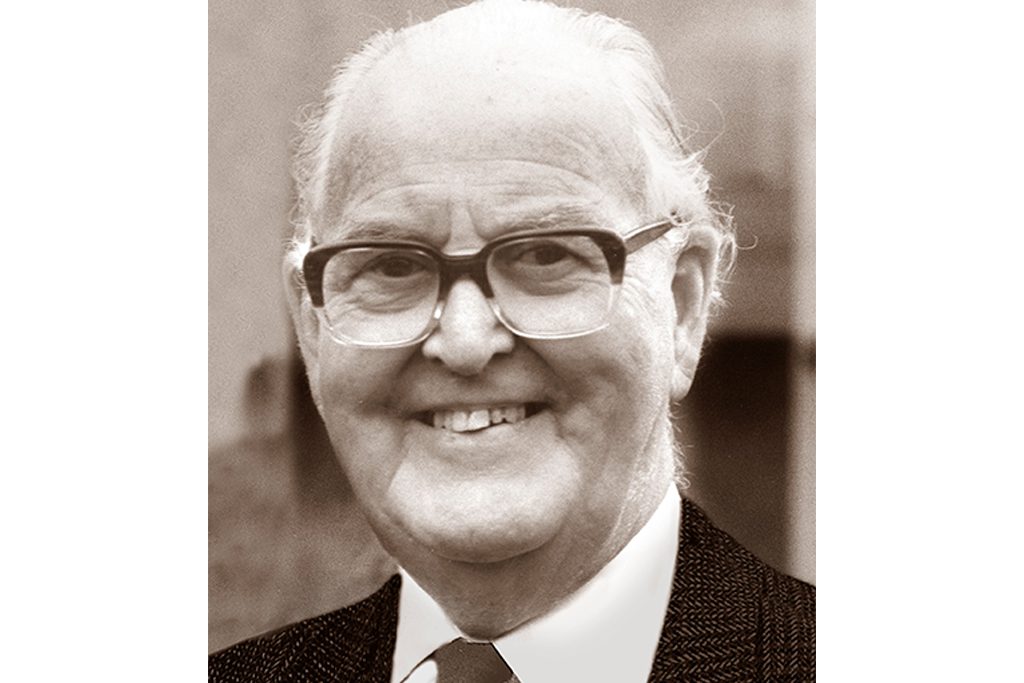
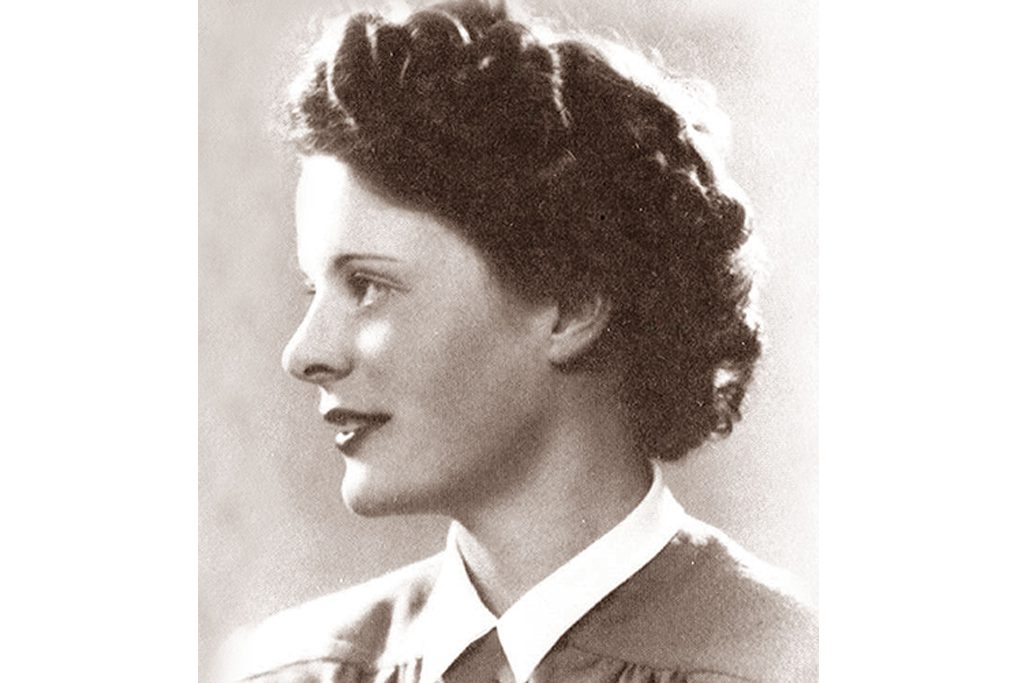
Sir George was considered to be ‘the man most responsible’ for a string of famous British aircraft, including Concorde, and during WWII was responsible for making the dam busters’ famous ‘bouncing bomb’ bounce. In November 1972, the two gentlemen featured in an ITV National Television Appeal, hosted by Cliff Michelmore. The appeal elevated the fundraising requirements and drew support from as far as Northern Ireland and Scotland. Two ladies from Cambridge were so moved that they pledged their house to the appeal.
After five years of dedicated fundraising, the one-time Trimmer’s Cottage Hospital in Farnham – which was being sold off with the reorganisation of the NHS in 1974 – was chosen as the best site for the project. Sir Edward and Sir George managed the complex, and often frustrating, negotiations, and on December 10, 1976, Trimmer’s was purchased.
Since those early days, the face of care and support for patients in West Surrey and part of North East Hampshire with an advanced or terminal illness has developed in so many ways, and in its first 40 years, there have been more than 20,000 patient admissions to our hospice care service.
Dr Carey Morris was Phyllis Tuckwell’s first paid Medical Director, taking up his position there in May 1991. Dr Morris believed that Phyllis Tuckwell should offer holistic physical, mental, social and spiritual treatment for patients, and that death should be peaceful and pain-free. He was instrumental in opening up the care which Phyllis Tuckwell provided to patients with any advanced or terminal illness, not just those with cancer, and also planned to introduce classes at the Hospice for post-graduate medical students, thus sowing the seeds of the training and education work which Phyllis Tuckwell is now renowned for.
In April 2015 the management of Beacon Palliative Care Service in Guildford was transferred from VirginCare to Phyllis Tuckwell. The combined service now offers Hospice Care at the Hospice in Farnham, at the Beacon Centre in Guildford, in patients’ own homes and in the community.
Phyllis Tuckwell Hospice Care was, and today continues to be, a living testimony to the determination of a small group of incredible individuals and to the dedication and generosity of a community who understand the need, and support the objective. The compassion and involvement of the community is as essential now as it was then.
For more information on our history or to arrange a visit, please call 01252 729400.
